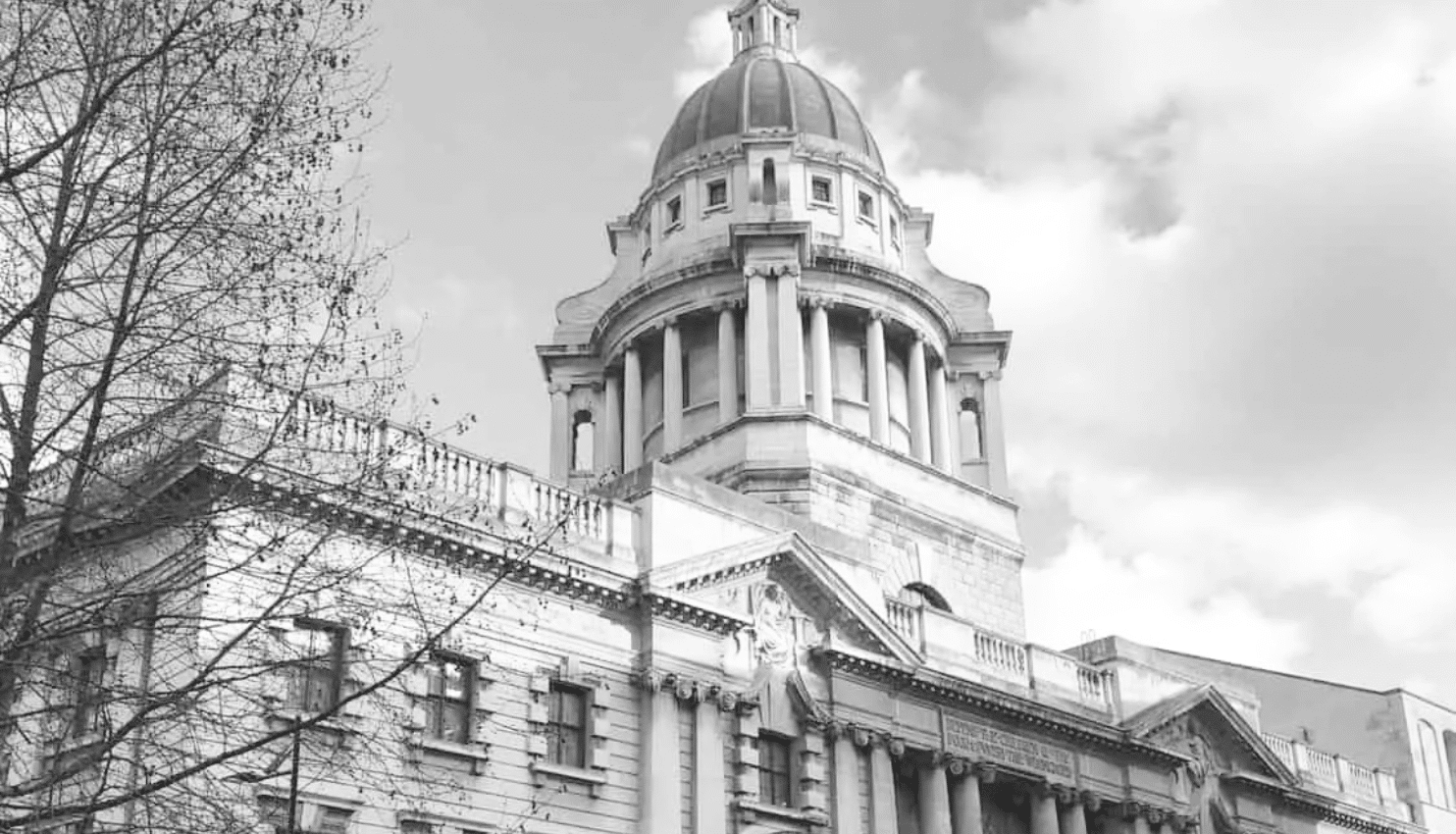What Are Either Way Offences?
by Jess Sale | Criminal Defence Generally

Criminals are inherently bad people who do bad things and then they get punished. It makes perfect sense that employers shouldn’t have to employ these people, that countries shouldn’t have to grant these people visas, that they should be rejected for mortgage applications or have to pay higher insurance premiums. It serves them right. Right?
This line of thinking becomes slightly problematic when you consider that 11 million people have at least one criminal conviction in the UK. The most recent research suggests that approximately one in three males aged in their 50’s has a criminal record. That’s an awful lot of “criminals” that the rest of us need to be wary of.
However, the vast majority of these men were convicted before they were 30, when they may have committed a single offence in their youth and before settling down to lead an entirely law-abiding life. In fact, most people, male or female, with a criminal record do only have a single conviction to their name. A conviction which might reflect a single mistake, one error of judgement or a short spell of getting in with the “wrong crowd”.
Local newspapers enjoy shouting about the wrong-doings of members of their communities. Front pages are, more often than not, taken up with tales of drug dealers, hit and run drivers, habitual thieves or local sex offenders. The papers will also carry numerous smaller articles, detailing many of that week’s court cases. Readers will glance through these pieces just to see if they recognise a name or an address – all cracking good gossip fodder. In the modern world, this information also appears online, meaning that any subsequent Google search of the offender’s name will give rise to instant disclosure. It’s an association they may never shake. In my earlier blog on the subject of reputation management I explained how, and why, a single conviction can have a long lasting impact on a person’s future.
But, how can we expect people to move on with their lives and to find useful employment when the details of their singular mistake or act of wrong-doing can be poured over in the local Post, Mail or Gazette? Freedom of the press is important and the argument that people have a right to know who in their community has been convicted of what is also strong. I’m not suggesting that we should start to conduct criminal hearings in private. But, if anything, we appear to be moving in the opposite direction. The rise of the internet means that such stories are no-longer just tomorrow’s chip paper. We are also allowing cameras into certain court hearings now, so the grizzly details of the offence can be streamed to anyone bored enough to want to watch.
Perhaps this element of public shaming is necessary as a form of deterrent. It’s why we used to put people in stocks and threw mouldy tomatoes at them. Naming and shaming has its place when we focus on the consequences of the crime. But when we look again at the number of people with a single conviction, those that made a single mistake or displayed a one-off error of judgement, it might just start to be part of the problem. If you label someone a criminal, make it difficult for them to find work and ensure that everyone in their community knows what they did – where is that likely to lead? Some might manage to reform themselves. Many will not.
Dostoyevsky said “A society should be judged not by how it treats its outstanding citizens but by how it treats its criminals.” Perhaps we could start by reassessing the image that comes to mind when we think of a criminal. Bearing in mind the statistics referred to above, it’s more than likely that you know a criminal. You might have one or two in your family. Statistically, there’s bound to be a criminal living somewhere in your local neighbourhood. Thankfully, we don’t require all those convicted of a criminal offence to shave their heads or to wear a particular colour coat. They’re not likely to have a jutting jaw or knuckles that scrape along the ground. In fact, the criminal you know might be really good at their job, they might be one of the most generous and kind people you ever spend time with, they might be the life and soul of the party, they might be that person you’re prepared to write a statement for, stating that this was all entirely out of character.
Most of the people I represent are the definition of “decent”. Many are hardworking. They love their family and friends and almost all of them are horrified at how they will be perceived by the wider community when their court case becomes public knowledge. Of course, some of these people are innocent of any offence and have been falsely accused. But others will know that they did something wrong and they will feel terrible about it. They want to be able to explain why they acted as they did, they crave a degree of understanding but they will also accept their punishment. They just don’t want to be defined by that act for their entire future.
At Old Bailey Solicitors, and defence lawyers in general, we give a voice to these “criminals”. We try to understand why they lashed out, why they took what didn’t belong to them, why they drove as dangerously as they did. We examine the underlying problems which led to them drinking too much or to start taking drugs in the first place. We consider whether they had ever received treatment for the mental health condition or the personality disorder that had been affecting their behaviour for years. We raise the impact of provocation, the influence of peer pressure or the downward spiral that followed the loss of a loved one. We take the view that there are very few inherently bad people and that these “criminals” have often acted out of desperation or panic or misunderstanding.
We don’t have the death penalty in this country because there is an understanding that people can reform over time, no matter how bad their crime. Prison is considered the sentencing option of last resort because there is a sense that rehabilitation is better for society than the purely punitive measure of locking someone up. At Old Bailey Solicitors, my colleagues and I take the view that rehabilitation requires an understanding of why bad things happen and an attempt to identify and tackle the underlying causes. It requires society to accept that an individual who commits a crime does not necessarily need to be identified as a criminal for life.
Please contact our specialist team to discuss your own individual situation. We can arrange a confidential, discreet discussion and will advise you of your options – without judgment.
We have offices in Brighton, London and Horley and advise clients on all aspects of criminal defence allegations, including sexual offences, violent offences and drug offences.









Leave a Reply